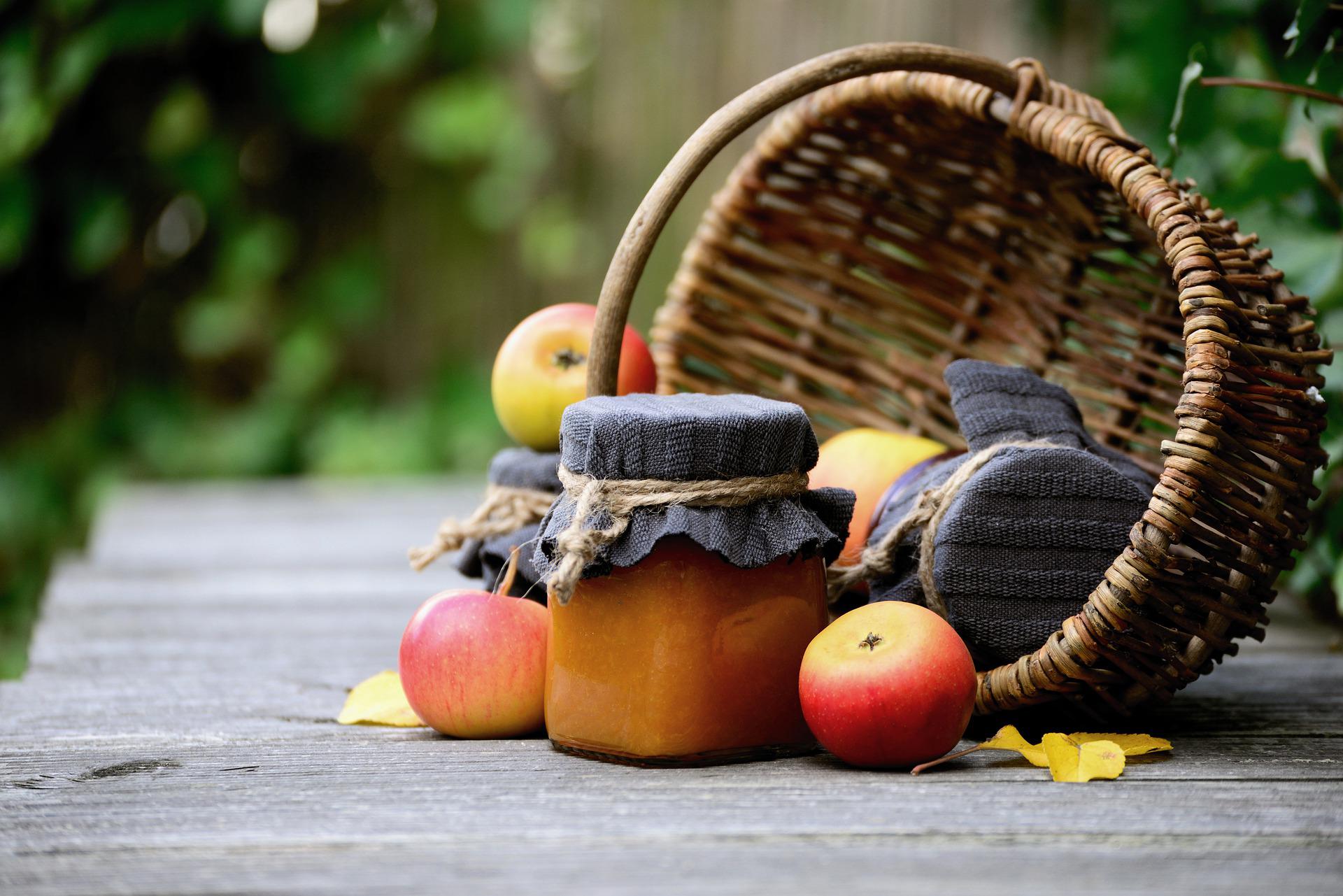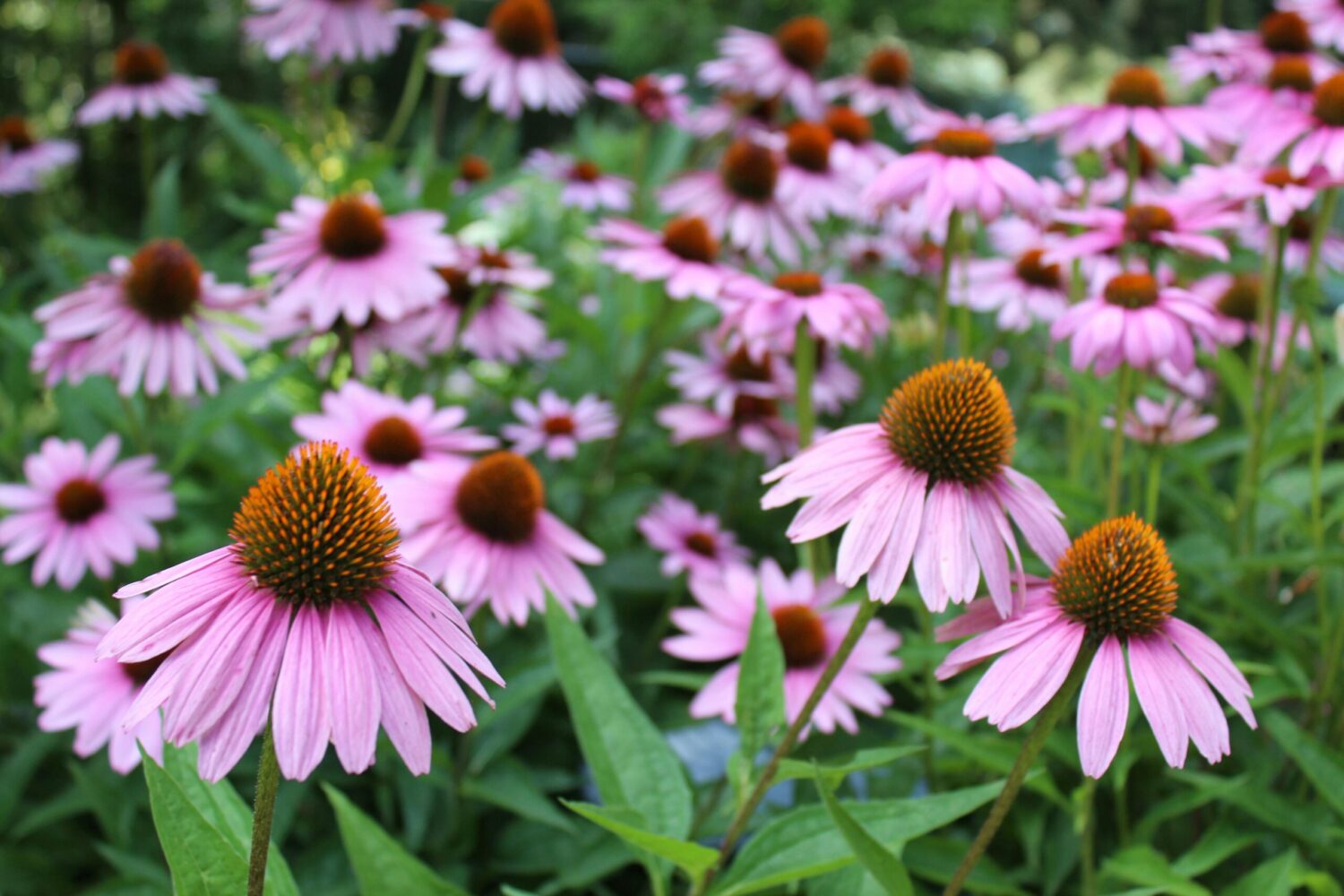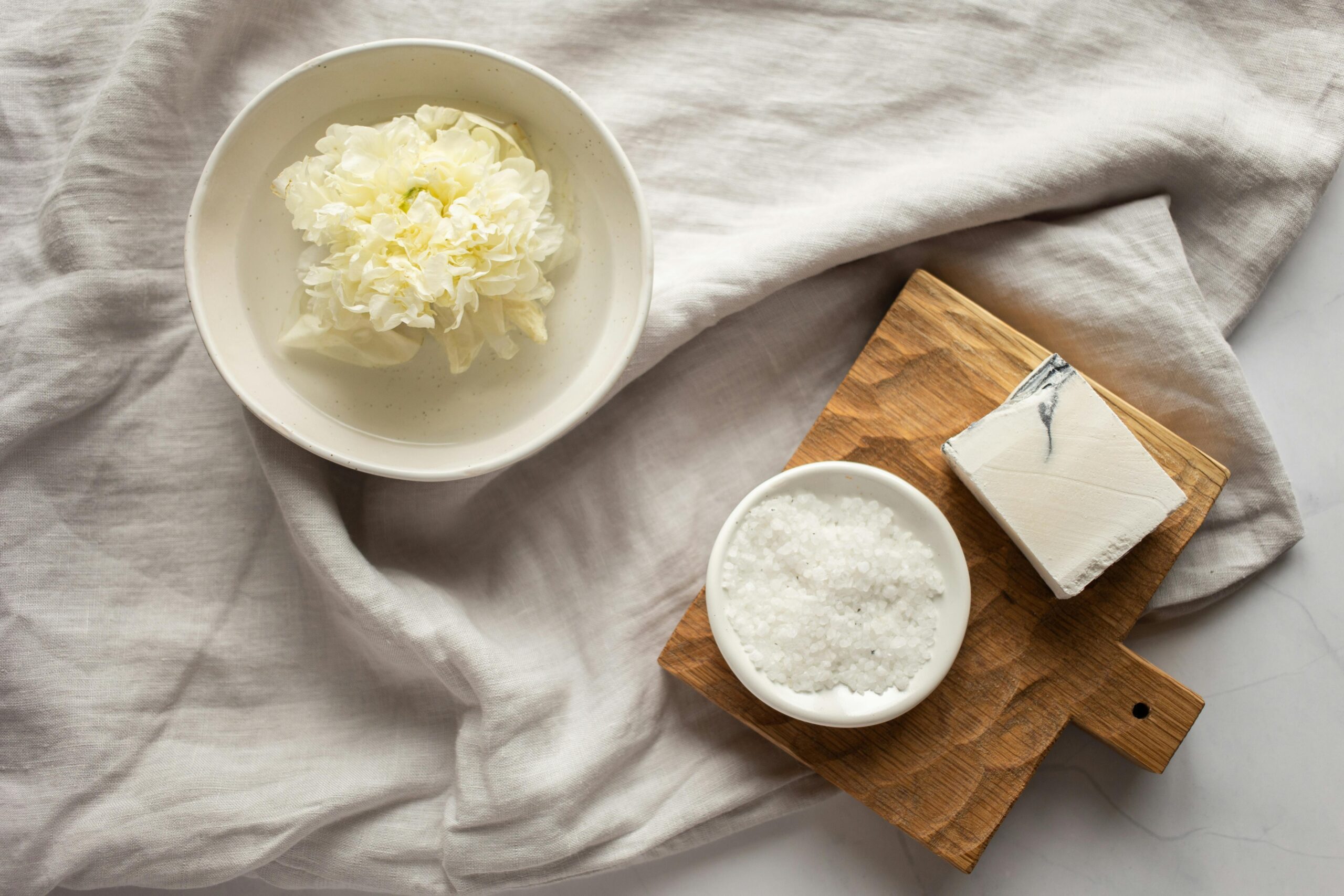Late summer is the month to begin gathering your supplies for making delicious preserves to enjoy over the winter. Making jam and other spreads is one of the easiest things to do. You may have memories of cooking berries and pouring the mixtures into jars. Preserves don’t require any fancy equipment, just some sterile jars, tongs, and basic ingredients. Try some of these recipes:
Wild blueberry
Strawberry
Sour cherry
Food safety for picnics
Food should always be kept hot or cold, no matter what the season. In summer, though, it’s easy to misjudge how quickly cold food will become room temperature. Dishes that contain mayonnaise or eggs, for example, should be kept at temperatures colder than 5ºC. Hot dishes should be kept warmer than 58ºC. Between the temperatures of 5ºC and 58ºC, bacteria can grow quickly and cause stomach upset or worse if consumed.
Removing grass stains
Removing stubborn grass stains is made easier by pre-treating them with liquid detergent and vinegar. Mix equal parts and apply with a spray bottle. This should be done right away while the stain is fresh. Allow the garments to sit for 30 minutes, then use an old toothbrush to gently loosen the stain. Add a little bit of detergent directly to the stain and wash right away with oxygen bleach (Oxyclean or generic).
Yard and garden
Dry summer months can stress a lawn that has been cut too low. The root system reflects the top growth, and in summer, roots need to spread deep and wide to ensure the plant has enough moisture. Raise the mower blade to cut 5-8cm higher than in the spring and fall when growth is slower. Water grass at night to avoid losses due to evaporation from the sun’s heat. Continue deadheading annuals and perennials regularly to promote continued growth of flowers. Bring sensitive plants closer to the shade to avoid late day sun.
Watch for poisonous shrubs
Poison ivy and poison oak can take the fun out of the day if you come into contact with them accidentally. If you do, the rash can be quite itchy and red. Look for poison ivy whenever you’re in the woods or in shaded areas where nature and people intersect. It’s a hardy species that can grow almost anywhere. The links above will take you to Wikipedia, where you can see the shape and colour of the leaves. If you happen to touch either plant, wash well and apply calamine lotion. Try not to scratch the rash because it will take longer to heal.
Pemberton Holmes has been an island brokerage since 1887. We combine expertise, trust, and community values to ensure your sales experience is the best it can be! Are you looking to sell your home, or looking to purchase? Contact us today at +1 (250) 384–8124 to talk to a REALTOR®





